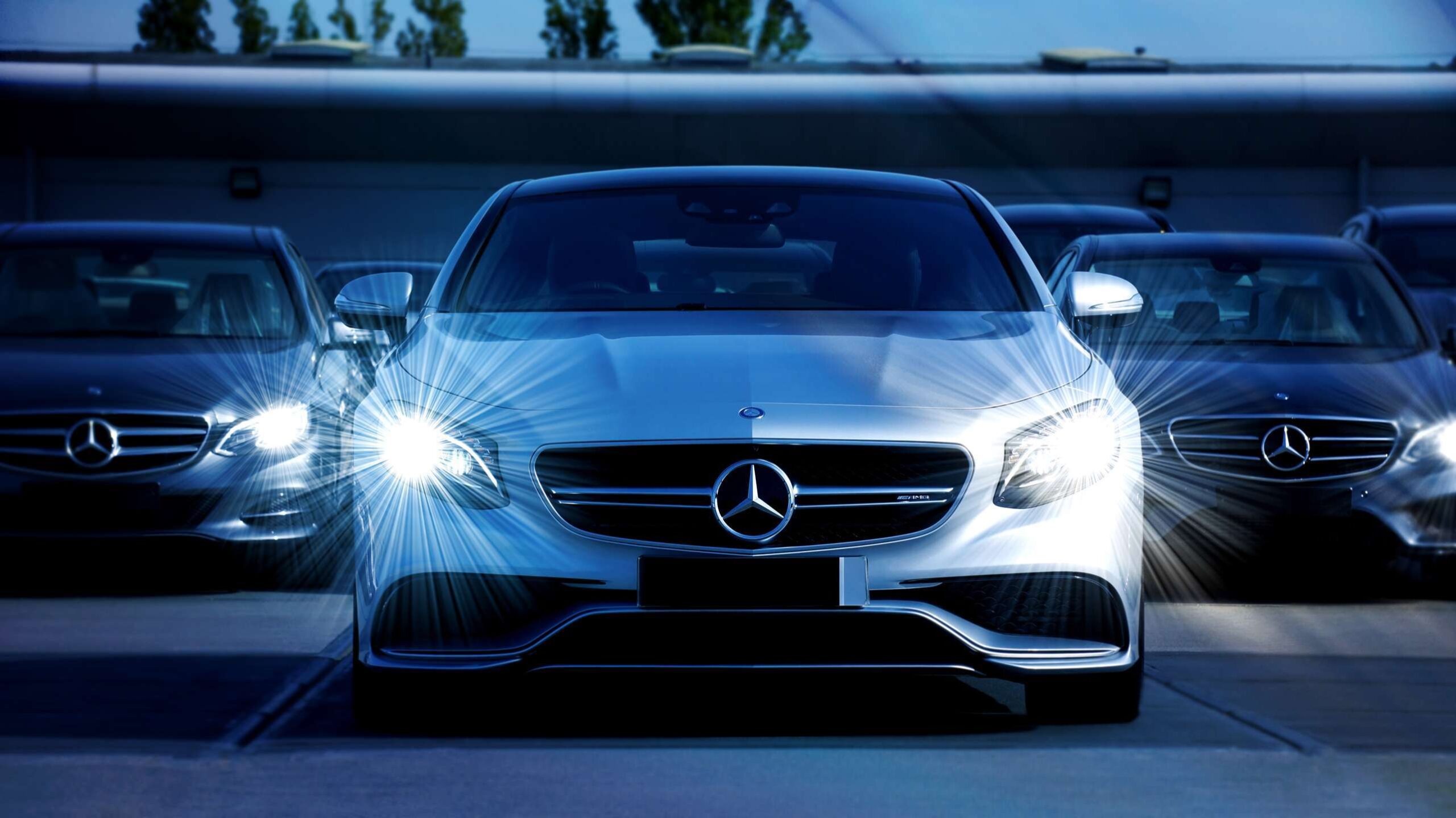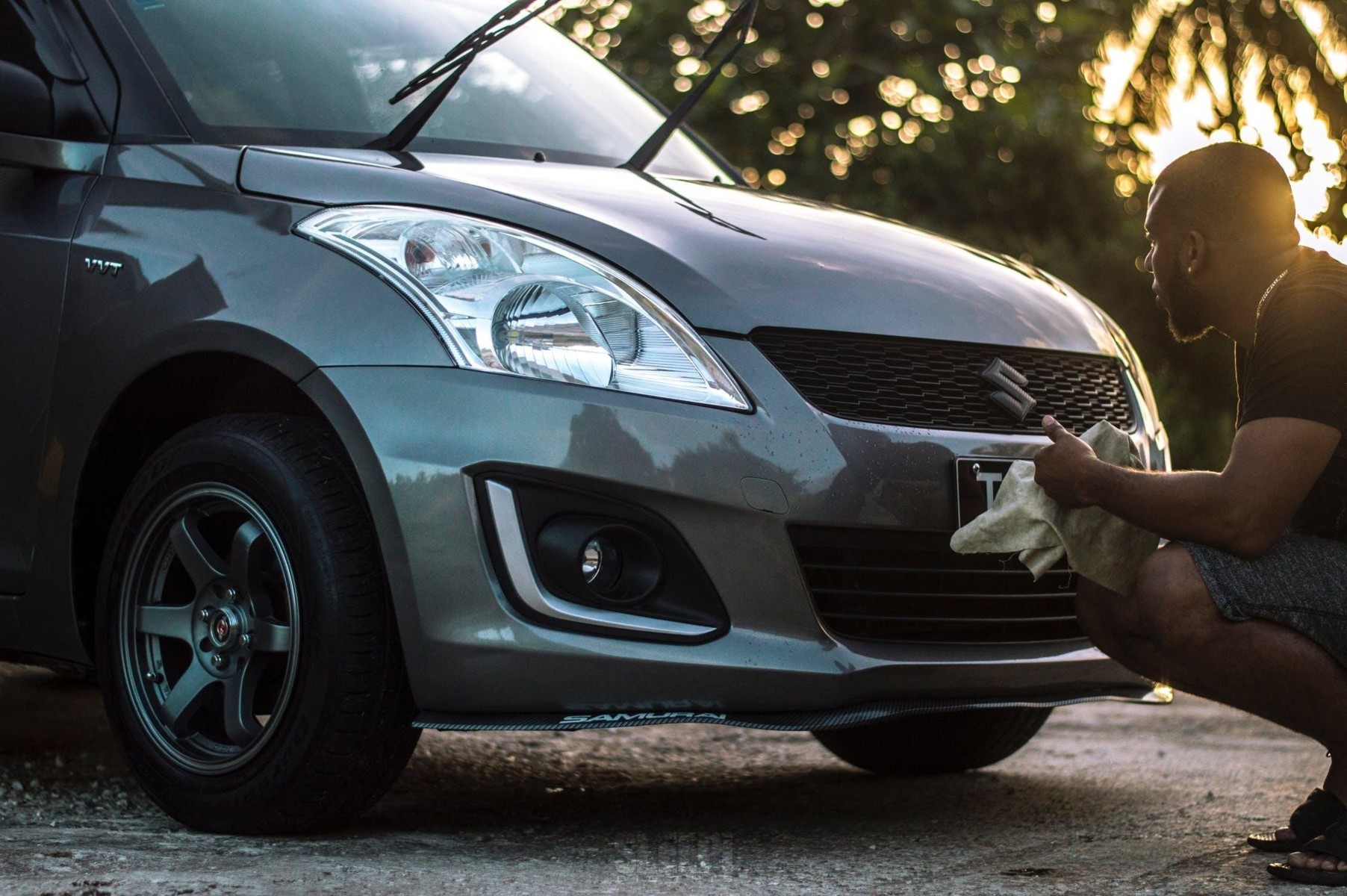Audi’s Plans to Shift Upmarket with High-End, High-Price Models
2024 was anything but smooth for Audi. The brand faced an 11.8% drop in global deliveries, selling 1,671,218 cars—a downturn that allowed Tesla to surpass it for the first time. Given the change, one might assume Audi would focus on volume sales to regain ground in 2025. Instead, the automaker is taking a different approach: moving upmarket and commanding higher prices, even if that means selling fewer cars.
While this strategy might seem risky on the surface, it’s all about profitability. A leaner lineup with stronger margins could ultimately be more beneficial than chasing sales figures. Audi sees an opportunity to further distinguish itself from Volkswagen while carving out a more premium space without encroaching on Porsche territory.
Audi’s Plans to Shift Upmarket in 2025
Jose Miguel Aparicio, Audi’s newly appointed UK chief, recently shared insights with Auto Express about the brand’s strategic shift. According to Aparicio, Audi believes there’s ample room to elevate its offerings and reinforce its position as a true luxury marque. This move signals a commitment to higher-end innovation, premium materials, and more sophisticated technology—appealing to a customer base willing to pay for exclusivity.
Saying Goodbye to Entry-Level Models
The German automaker has already confirmed that its most affordable models, the A1 Sportback and Q2, will not see another generation. This shift effectively makes the A3 the brand’s new gateway model, signaling a departure from more budget-friendly offerings in favor of higher-end vehicles.
At the top of the range, Audi is looking to elevate its luxury segment even further. A successor to the flagship A8 is expected to take inspiration from the futuristic Grandsphere concept, promising an ultra-premium design, cutting-edge technology, and a more opulent driving experience. Additionally, Audi is exploring an even larger luxury SUV, hinted at by the Urbansphere concept—a potential new model that would sit above the Q7 and Q8.

How about going electric?
Generally, every automaker is heading into the future with electrification in mind. Jaguar, Audi’s longtime competitor, has recently declared an all-electric rebrand. The British automaker has decided to leave behind the rumble of traditional engines, shifting to an entirely electric lineup as it pushes further into the luxury space. It’s a bold move that’s shaking things up, especially among die-hard fans of the brand’s performance-driven roots. But Jaguar’s betting big that the future of luxury isn’t just about power, it’s about sustainability, too.
Meanwhile, Audi’s CEO, who had originally pledged to go fully electric by 2033, has had a change of heart. After seeing the landscape evolve faster than expected, they’re now embracing a more flexible approach. It seems the idea of sticking with internal combustion engines, even for a little longer, isn’t so bad after all. While Jaguar is jumping headfirst into the all-electric pool, Audi’s taking a step back, playing it cooler and keeping their options open.
Betting on Profits, Not Just Volume
As Audi refines its strategy, the focus is shifting from sheer volume to creating a more exclusive, high-end future. Losing its place in the top four sales is just one of the factors prompting this reevaluation. With the automotive landscape rapidly evolving—driven by changing consumer demands, technological advancements, and the push for sustainability—Audi must adapt to stay competitive.
Tesla is a powerhouse that has impacted the luxury market, shifting consumer expectations toward electric vehicles and sustainability. As a result, Audi must not only keep pace with this transformation but also carve out a distinctive identity in a crowded, fast-evolving industry.
Can these high-end, high-price models bring the automaker back into the leading spot? Tell us your thoughts on Audi’s next chapter and how you think the shift toward exclusivity will impact the brand’s future in the luxury market.
















